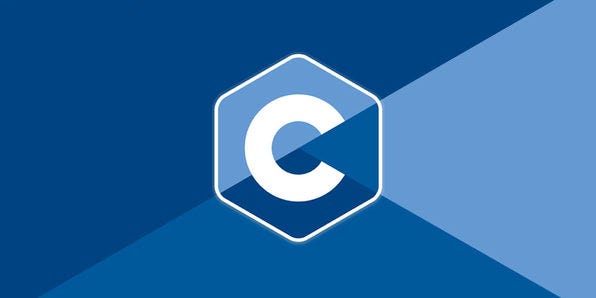How to Learn the Basics of C Programming

Master the fundamentals of C programming with these essential steps.
The C programming language is one of the most foundational languages in software development. Known for its efficiency and control, learning C basics can open doors to understanding other programming languages and concepts. Here’s a step-by-step guide on how to get started with learning C:
1. Understand C Syntax and Structure
The syntax of C is straightforward but strict. Start by familiarizing yourself with the basic structure of a C program, which includes:
-
Header Files: In every C program,
#includestatements bring in standard libraries likestdio.h(for input/output functions). -
Main Function: The
main()function is the entry point of any C program. - Curly Braces: Used to define the beginning and end of functions and loops.
2. Learn Basic Data Types and Variables
C uses different data types to store different kinds of data. The main types
include int (for integers), float (for
floating-point numbers), and char (for characters). To store
data, you’ll use variables, which are assigned with these data types. For
example:
int age = 25;
float salary = 50000.50;
char grade = 'A';Understanding data types and variables is crucial, as they are the building blocks of any program.
3. Master Basic Input and Output
C offers simple input and output functions that allow the program to interact with the user. The most common functions are:
-
printf(): Used to display output. -
scanf(): Used to get user input.
For example:
printf("Enter your age: ");
scanf("%d", &age);
This example takes user input and stores it in the
age variable.
4. Learn Operators and Expressions
Operators in C are symbols used to perform various operations on variables and values. Some essential operators include:
- Arithmetic Operators:
+ - * / % - Relational Operators:
== != > < >= <= - Logical Operators:
&& || !
These operators allow you to perform mathematical operations and create logical expressions.
5. Understand Control Flow Statements
Control flow statements help manage the execution order in a C program. These include:
- If-Else Statements: Used for decision-making.
- Switch Statements: Useful for handling multiple conditions.
-
Loops:
for,while, anddo-whileloops are essential for repetitive tasks.
For example, a for loop allows you to execute a set of
instructions multiple times:
for (int i = 0; i < 5; i++) {
printf("Loop iteration: %d\n", i);
}6. Practice Writing Simple Programs
Learning C basics requires regular practice. Try creating simple programs to reinforce your understanding, such as:
- Calculator for basic arithmetic operations.
- Program to check if a number is even or odd.
- Simple temperature converter.
Conclusion
Learning C programming basics provides a strong foundation for mastering other languages. By following these steps and practicing regularly, you'll gain confidence and be able to tackle more complex programming tasks. Keep exploring, experimenting, and coding in C!
